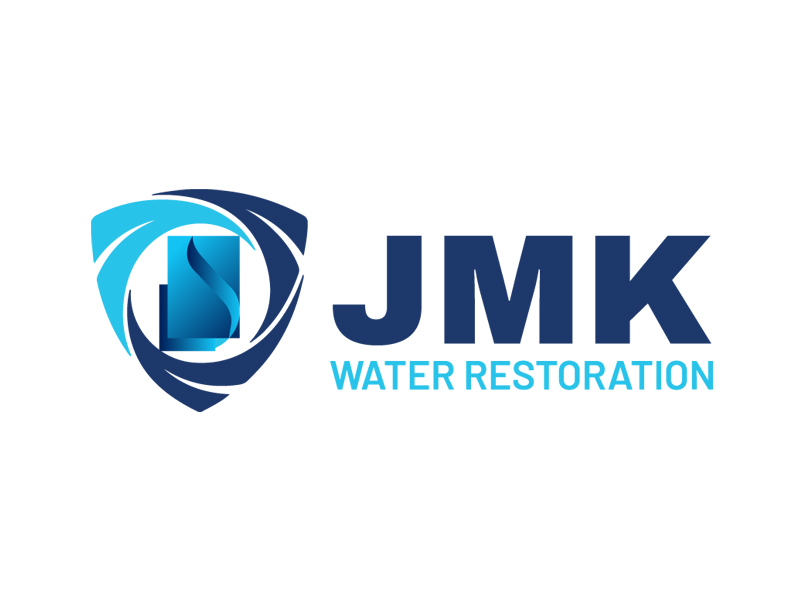The Silent Threat: Gas Stove Leaks and What You Need to Know

Gas stove leaks may seem inconspicuous, but they pose a significant danger to your home and loved ones. In this blog, we delve into gas stove leaks, helping you understand their causes, signs, and potential risks. Discover the crucial steps to detect and address gas stove leaks promptly, and learn effective prevention methods to safeguard your household. For professional gas stove leak restoration services, trust the guidance of JMK Restoration.
Contact us today to schedule a consultation for fire damage restoration.
Common Causes of Gas Stove Leaks
Here are some key factors that can lead to gas stove leaks:
- Damaged or Aging Components: Over time, the internal components of a gas stove can deteriorate, leading to leaks. Corroded or worn-out gas lines, connectors, valves, or seals can become vulnerable to leakage.
- Improper Installation: Incorrect gas stove installation can result in gas leaks. Poorly connected or loosely fitted gas lines, improperly sealed joints, or inadequate venting can compromise the system’s integrity.
- Physical Damage: Accidental damage or mishandling of the gas stove can cause leaks. Bumps, impacts, or excessive force on the stove or its components can result in gas line ruptures or damage to connectors and valves.
- Wear and Tear: Regular usage and prolonged exposure to heat can cause wear and tear on the gas stove’s components. This wear can lead to weakened seals, connections, or valves, increasing the risk of gas leaks.
- Maintenance Neglect: Lack of regular maintenance and inspections can contribute to gas stove leaks. Failure to clean or replace filters, neglecting necessary repairs or replacements, or ignoring warning signs can allow leaks to develop over time.
- External Factors: Environmental elements like earthquakes, severe weather conditions, or other external forces can damage gas lines or disrupt the stability of the gas stove, potentially leading to leaks.
It’s important to address these issues promptly to prevent gas stove leaks and ensure the safety of your home. If you suspect a gas stove leak or require professional assistance, contact JMK Restoration for guidance and restoration services.
Dangers of Gas Stove Leaks
Gas stove leaks pose significant dangers to your health and your home’s safety. The primary concern is the risk of fire or explosions. Gas leaks can lead to the accumulation of highly flammable gas, which can ignite with a simple spark, causing severe damage or even loss of life.
Gas leaks often release carbon monoxide, an odorless and colorless gas that is toxic when inhaled in high concentrations. Exposure to carbon monoxide can lead to symptoms such as dizziness, nausea, and headaches, and, in extreme cases, can be fatal.
Prompt detection and addressing of gas stove leaks are essential to prevent these potential hazards and ensure a safe living environment.
Detecting Gas Stove Leaks
Detecting gas stove leaks is crucial for ensuring the safety of your home and loved ones.
Here are some essential methods to identify potential gas stove leaks:
- Unusual Odors: Gas leaks often produce a distinct odor similar to rotten eggs due to the addition of odorants. A strong, pungent smell near your gas stove or in the surrounding area could indicate a gas leak.
- Hissing Sounds: Pay attention to any unusual hissing or whistling sounds from the gas stove or its connections. These noises might be an indication of gas escaping from the system.
- Visual Inspection: Conduct a thorough visual examination of the gas stove and its components. Look for any signs of damage, such as cracks, corrosion, or loose connections. Additionally, check for excessive condensation on windows or nearby surfaces, as it could be a symptom of a gas leak.
- Gas Leak Detectors: Consider installing a gas leak detector near your gas stove. These devices can detect the presence of gas in the air and emit an audible alarm or visual alert if a leak is detected.
If you suspect a gas stove leak based on these signs, it is crucial to take immediate action. Evacuate the area, open windows for ventilation, avoid operating electrical appliances or flames, and contact emergency services and a professional gas technician for assistance. Remember, prioritizing the safety of your household is paramount when it comes to gas stove leaks.
Professional Gas Stove Leak Restoration
When it comes to gas stove leak restoration, entrusting the task to professionals is paramount. Professional restoration services bring expertise, knowledge, and experience to efficiently address gas stove leaks and ensure your safety.
At JMK Restoration, our skilled technicians specialize in gas stove leak restoration. With a meticulous approach, we identify the source of the leak, perform necessary repairs, and restore your gas stove to optimal functionality.
Our commitment to quality and customer satisfaction sets us apart. Don’t compromise on safety—contact JMK Restoration today for professional gas stove leak restoration services you can rely on. Your peace of mind is our top priority.
